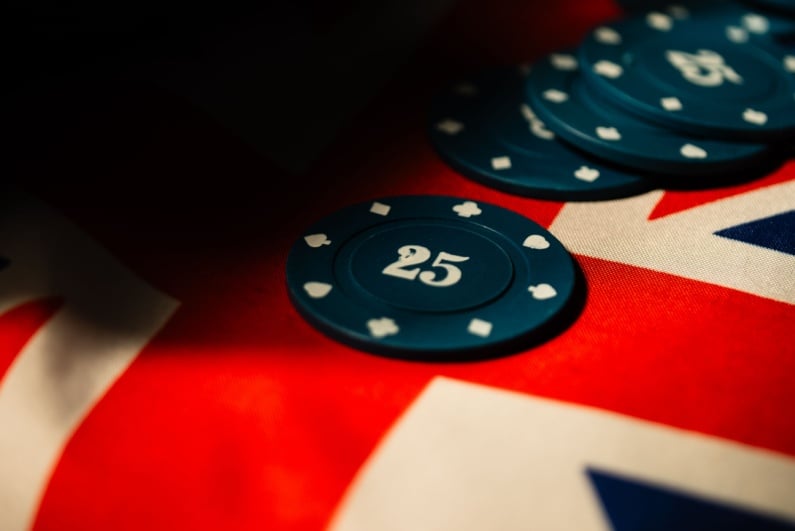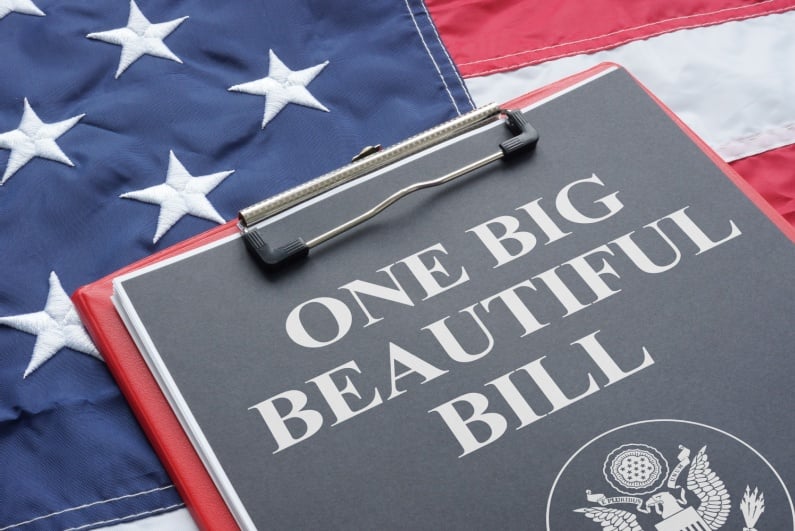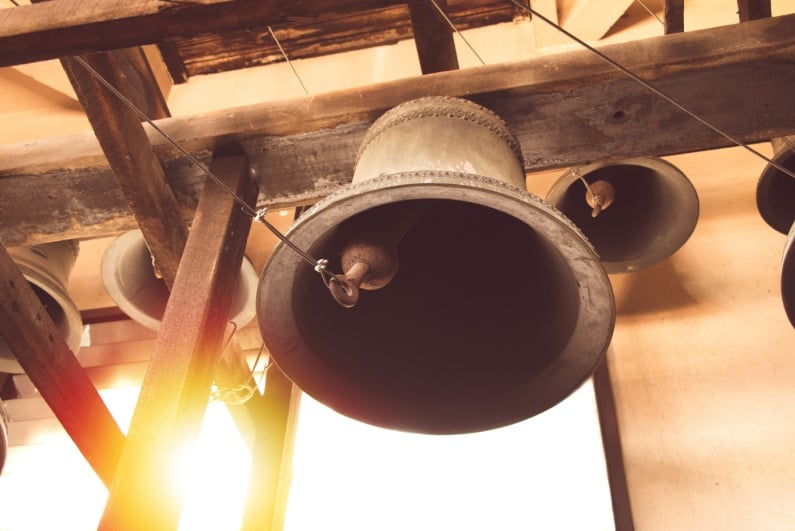New revenue source needed
Alaska Governor Mike Dunleavy is pushing for the creation of a state lottery and the legalization of sports betting. The idea would be to create a new source of revenue for the state government as it continues to struggle with a significant budget deficit.
Senate Bill 188 has been sent to the Senate Rules Committee. The accompanying House Bill 246 is also under consideration. The bill calls for the creation of the Alaska Lottery Corporation. It also seeks regulations for games of chance, such as scratch cards, and the allowance of sports betting.
new source of revenue for the state government as it continues to struggle with a significant budget deficit
In addition to the creation of a state lottery and scratch cards, residents of Alaska would be allowed to partake in multistate lottery games, such as Mega Millions and Powerball. Under this legislation, video lottery terminals could also be introduced.
Several benefactors
Governor Dunleavy said he has spoken with several lawmakers in the state about how they can generate more revenue in the state.
Controversial subject
Alaska has one of the most limited gambling frameworks in the United States. It is one of just five states across the US that does not have any form of a state lottery.
The state also is one of just three in the nation that does not have a lottery, parimutuel betting, a racetrack casino, sports betting, online gambling, tribal or commercial casinos. It now appears to be time for the topic to be discussed once more in the state. This legislation would also allow online gambling.
Dunleavy is in his first term as the governor of Alaska, having come into office in December 2018. He has been controversial in his attempts to severely cut funding from numerous programs in the education and public assistance sectors.
There was even an attempt to recall his election win, but this was denied. Enough petition signatures were gathered, but the governor did not meet the criminal offense standards needed to have a recall. These offenses are the “neglect of duty, incompetence, or lack of fitness”.
Governor’s expectations
According to the governor’s administration’s estimates, tax revenue for the state could be in the region of $5m and $10m per year if draw games were allowed.
The cost to the state to launch the lottery next year would be $3m. The state estimates that the break-even point would be reached in 2022.
The governor’s gambling expansion plan was instantly met with opposition by Democrats in the state. Senator Jesse Kiehl said:
It still doesn’t solve Alaska’s fundamental fiscal problem.”
Other proposals
Other proposals on the table to generate new revenue in Alaska include raising tax on motor fuel, adding an annual tax of $30 onto every individual’s wages, and altering the oil tax structure in the state.
Alaska’s initial foray into a lottery came in January when a statewide raffle took place. Each donator received a single ticket for every $100 donated to the public education fund. In total, $32,600 was awarded in prize money.




